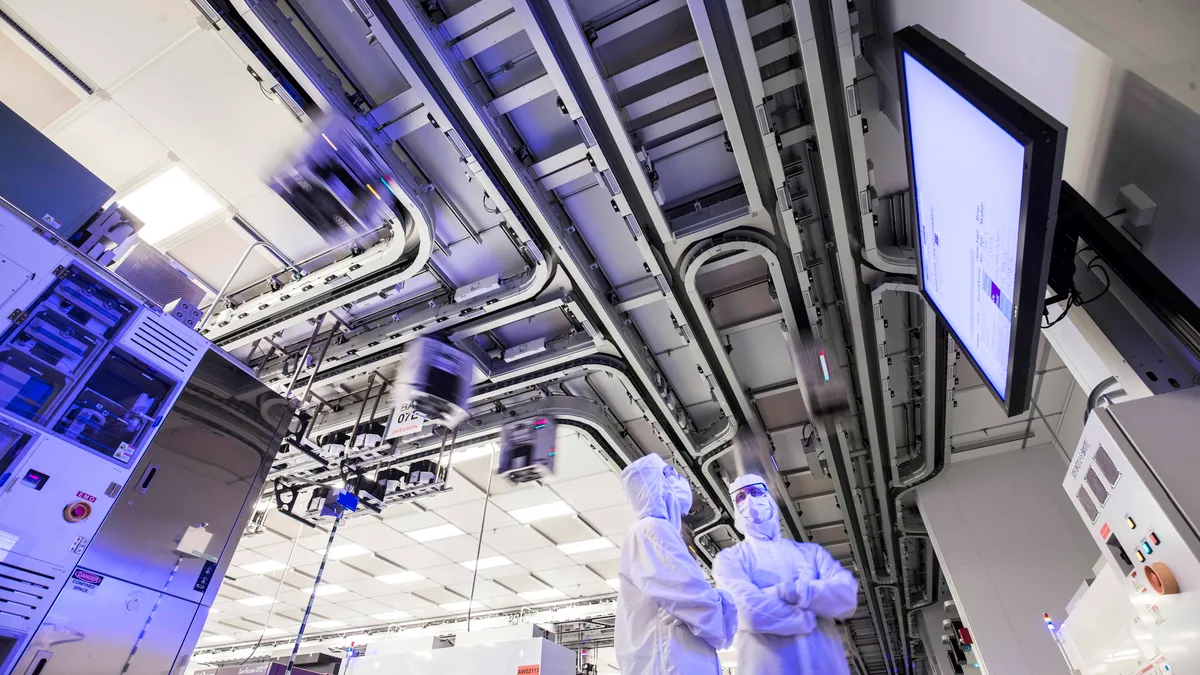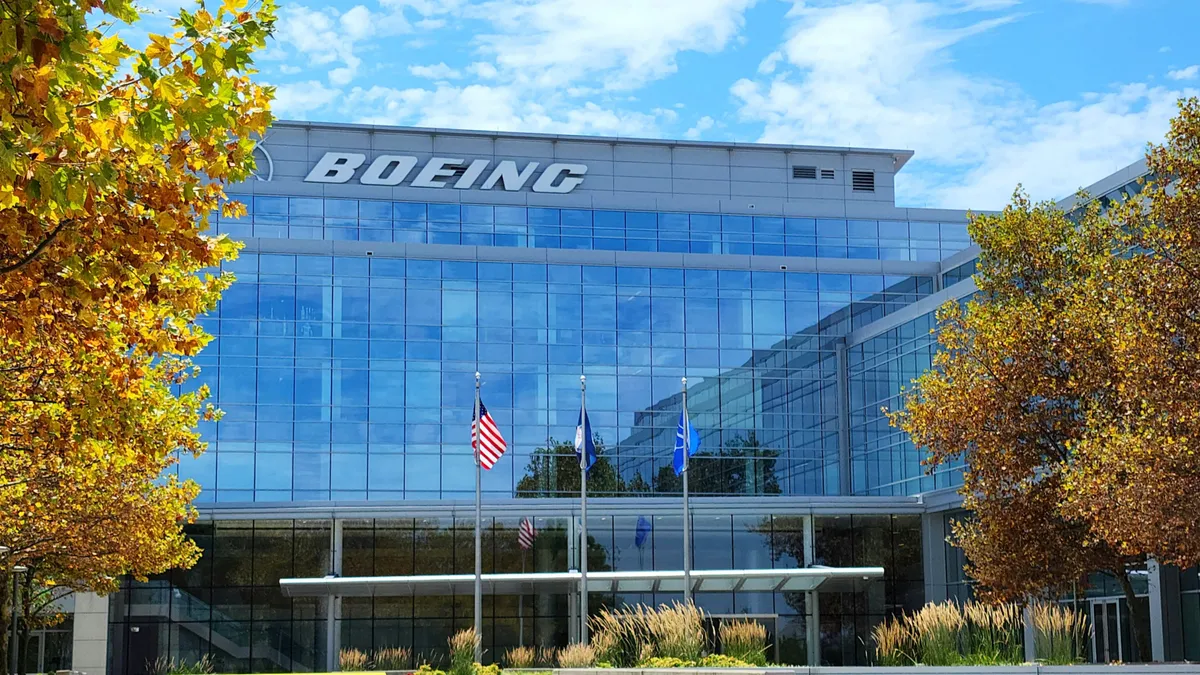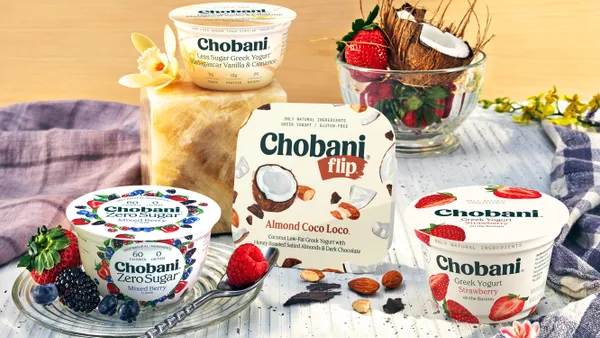Dive Brief:
- ExxonMobil said it will invest more than $100 million to expand its Baton Rouge, Louisiana, plant to make cleaning solutions used in semiconductor manufacturing.
- The petrochemical giant plans to upgrade the Baton Rouge chemical facility to start producing high-purity isopropyl alcohol by 2027 to meet growing chip demand in the United States.
- The project will help retain hundreds of existing jobs and create approximately 45 construction jobs, according to a news release. The state of Louisiana offered tax incentives, including a 4% refundable credit for expenses, to support the investment.
Dive Insight:
Isopropyl alcohol was the first chemical ExxonMobil produced over 100 years ago, according to the company. It is a byproduct of propylene processing, commonly found in hand sanitizers, household cleaning products, perfumes and lotions.
In 1992, Exxon Mobil started increasing the purity of its cleaning solution for industrial uses, including for microchips, medical devices, laptops and gaming consoles.
As microchips become even smaller, the company said it will need “ultra-pure” isopropyl alcohol to dry wafer surfaces, reduce impurities and prevent damage of the chips’ sensitive circuitry.
To evolve with the market, ExxonMobil is upgrading its Baton Rouge chemical plant to produce 99.999% pure isopropyl alcohol. Hand sanitizer, by comparison, is made with 99.9% pure isopropyl alcohol.
“With this investment, we’re enhancing one of our legacy chemical products to meet growing demand in the tech industry,” Kate Lighfood, a plant manager with ExxonMobil’s Baton Rouge facility, said in a statement.
The facility is located on 150 acres of land and is part of one of the largest refining and petrochemical complexes in the world, according to ExxonMobil.
The semiconductor industry is poised for major growth, led by a boom in generative artificial intelligence and data center build-outs, according to a February Deloitte report. Global chip sales are set to reach $697 billion this year, and are on track to reach $1 trillion by 2030.
Meanwhile, manufacturers are looking to capitalize on growing technology trends while dodging the Trump administration’s tariffs on imported goods. Last month, Taiwan Semiconductor Manufacturing Co. unveiled plans to invest $100 billion in U.S. chip production capacity, including the construction of two semiconductor factories in Arizona.
ExxonMobil’s Baton Rouge manufacturing complex allows the company to provide an end-to-end supply chain for isopropyl alcohol to chip manufacturers based in the U.S., a spokesperson said in an email Monday.
The chemical plant employs about 1,625 employees and contractors, according to a company fact sheet. In addition to isopropyl alcohol, it also makes adhesives, rubber liner for tires and other petrochemical products.












